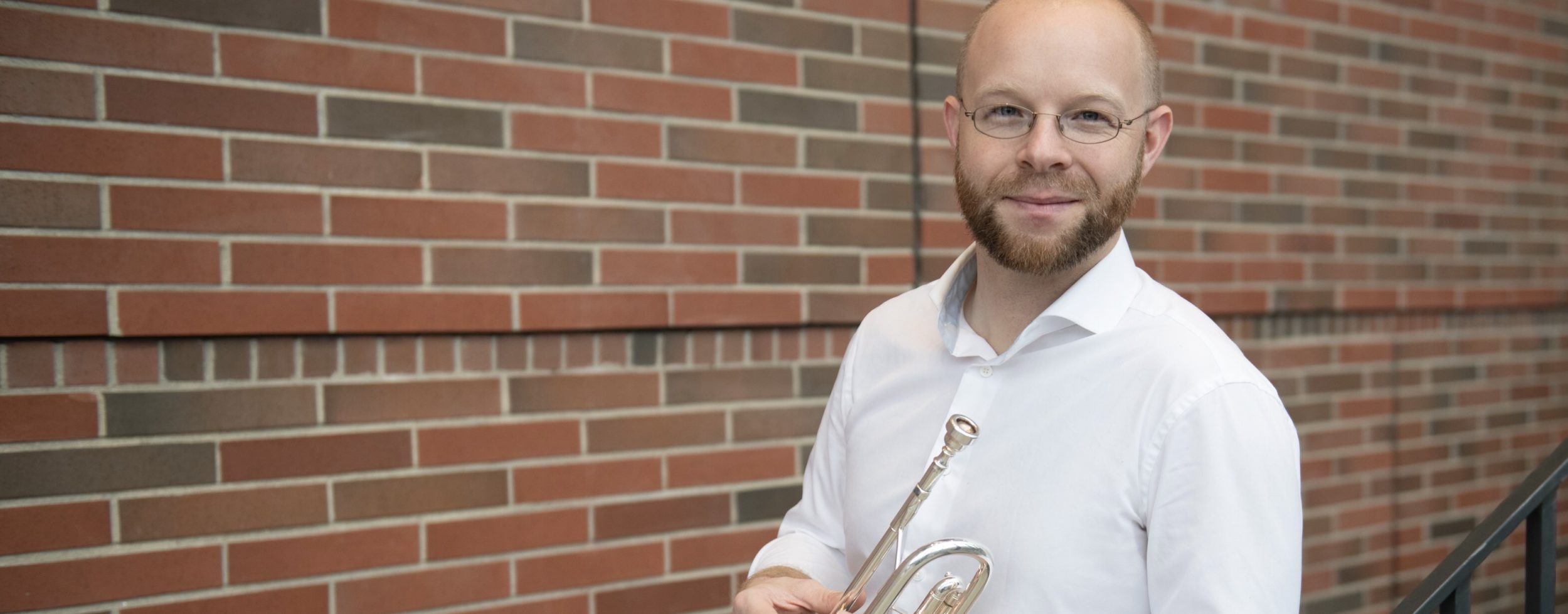I’ve been thinking a lot about Gandalf. What, exactly, is a wizard? What does it take to become a wizard in Middle Earth? Read Tolkien’s books and get back to me (watch the movies and arrive at a very different interpretation). I have some theories based on what Tolkien wrote about wizards in Middle Earth. In particular, why Saruman was such a failure. First, they are not “of” Middle Earth, they are creatures from a higher plane that have chosen to be deployed to Middle Earth to help mentor its native inhabitants (people). They were given specific instructions not to materially interfere, because it was decided during points past that those higher creatures do more harm than good when they get physically involved. So, although they are quite powerful naturally, while in wizard form they retain only a small portion of their angelic magic, which they are further discouraged from using. Tolkien nerds correct me if I’m wrong, but it’s not clear that they even remember they are something other than human, except that they are driven by their commission and retain some inherent otherworldly wisdom.

That inherent wisdom is what intrigues me. Reading the books, we see Gandalf repeatedly knowing the right place, the right time, and the right words, frequently saving the day without any magic at all. He knows that trolls, for all their bumbling strength, turn to stone in the sun; he knows that the otherwise powerful Nazgul (the big baddies of Middle Earth) are allergic to daylight, and he uses that knowledge to help just enough that by the last page, humanity has conquered the height of evil (mostly) on its own. In particular, a trait of Gandalf is that his mind is quiet, organic, and composed. His words are thoughtful but not overly calculated, and he is a chummy friend while being a mentor, all with no small amount of personal fortitude. Gandalf studies and listens. He’s not without his flaws, but those flaws endear him to others. He is a thinker, but also recognizes that some instincts should be followed (“always follow your nose”).
For all the magic Gandalf has at his disposal, it is his zen that enables him the most. I feel that there is a lot of power in this path as a musician as well. I feel that there are steps along the path that only a quiet mind can take— a mind that is at peace with what others think, that is not concerned with expectations, that has a foot in the puddle of This Exact Moment, etc. I think that a quiet mind is the thing best suited to synthesize all the parts of music into something that speaks to and from the soul.
Part of this process, to quote “The Matrix”, is to “forget what you think you know”— a process of sublimating all of that hard work, those steps you took, to become an effective practitioner of the trumpet, so that the music can shine through unhindered. I know more than one principal trumpeter of a major symphony orchestra that will claim not to really know etudes, only for a bit of interrogation to reveal that he or she does indeed have a significant knowledge of not only etudes, but equipment, embouchure/air function, historical performance, and a number of other areas not typically associated with “orchestral players.” This is part of the reason I generally reject the idea that there are good players who can’t teach, and good teachers who don’t play (and, in my opinion, a tragedy of higher education that professional qualifications outside of a university setting and musicianship are not held in higher regard amongst hiring committees).

Although I do not pretend to always have a “quiet mind,” the man who planted the seeds of my approach is Dr. Don Greene. He teaches that one function of the brain is it is always working, always evaluating, and always talking to us. It is a chatterbox that never stops. That chatterbox is not always rational, but in the earliest stages of mammal/human evolution, often saved us from tigers and cave bears, instilled in us a fear of high places and water, and helped us evaluate risky megafauna game that could result in our harm (but may have been a great snack). However, in these modern times, that voice is not useful in the same way. We can go to the store to buy mammoth for dinner. There are no saber toothed tigers roaming our suburbs. Instead, the “Voice” (as I call it) helps us evaluate our playing and drives us to be better, but it can also quickly spiral into telling us how bad we are, how likely we are to fail, how we are better off not even trying, how dangerous it is to be brave, that sort of thing. Knowing the nature of that voice is helpful. One of my favorite activities as a teacher is getting to know that inner voice of my students, and I often do it without the student ever knowing. As a professional, there are a few people I sometimes allow to hear that voice, because I know that they have an interest and ability to help me. In general, I have found that knowing what it is and how it works is massively empowering. That voice is not given a lot of unchecked operating room these days.

This tactic has also informed my teaching. In the past, I have often kept strict logs of my students’ work, made vast assignments of Clarke, Arban, and Brandt. I think those things have their places and purpose, but there is also a time to turn the brain off and just listen and watch a student. When I do this, I try to feel what they feel and react instinctually to their sound and music. I think sometimes this process can be a little unnerving as I sit and stare at them in silence or make small talk for no obvious reason, but if they can hang then the next steps often flow like water. I have seen some pretty incredible leaps taken when we do this. No doubt this works because I have a deep and wide toolbox to fumble around in (a case for always exploring new pedagogical approaches!) and have been through many of those problems myself, but being too dogmatic about how we get to our destinations can crowd out more efficient paths. This isn’t to say that we talk through lessons. Teachers who talk through entire lessons is a pet peeve of mine. When we dive in, it is an intense period of discovery. Of course sometimes students just need to know what to do, to learn some Clarke patterns, practice some changes, learn the tunes, that sort of thing. Sometimes they just need to be told what they’re doing wrong, challenged to play more throughout the week, or need some help managing their time. Sometimes we practice circular breathing, multiphonics, or write our own music. I even have a “break the glass” didjeridoo making kit for those really desperate moments when there is no chance anything else will work. But I really love the moments as a teacher I can turn off the spreadsheet, close the agenda, and let the time just flow.
Gandalf talks repeatedly about white shores. As I understand it, each of Tolkien’s wizards manifests their power differently. I think that’s true of us as well. My routines can inform others, but it is ultimately up to each individual to find theirs. I am not a religious person, but I recall a passage from the Bible, Philippians 2:12: “work out your own salvation with fear and trembling…”. Fear and trembling adds an element of imperative, doesn’t it? I wonder what percentage of people have gone through this process, what percentage are even capable of it. I am curious. What do you think? What is your zen? How do you channel it to your playing?
